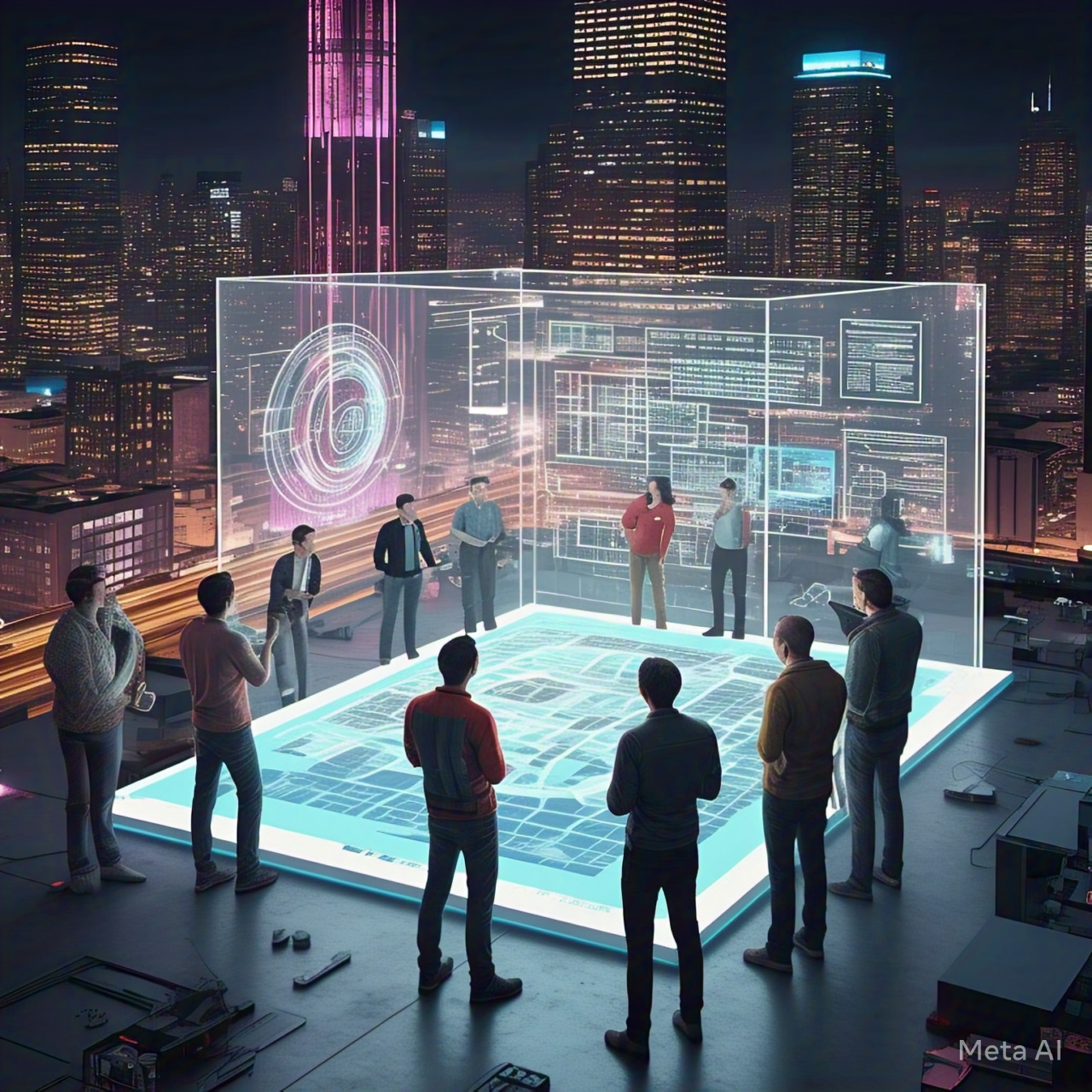Emerging Web Technologies:The web development landscape is constantly evolving, with new technologies and tools shaping the future of the internet. Emerging web technologies are driving innovation and improving user experiences, security, and efficiency. Here are some of the key emerging trends:
Progressive Web Apps (PWAs): PWAs combine the best features of web and mobile apps, providing users with a fast, reliable, and engaging experience. They can work offline, load quickly, and provide push notifications, making them a compelling choice for businesses looking to deliver seamless cross-platform experiences.
Web Assembly (WASM): Web Assembly is a binary instruction format that allows developers to run high-performance code in web browsers. It enables languages like C, C++, and Rust to run on the web at near-native speed, making it ideal for resource-intensive applications such as games, video editing, and 3D modelling.
Serverless Architecture: Serverless computing allows developers to build and deploy applications without managing the underlying server infrastructure. Services like AWS Lambda and Google Cloud Functions let developers focus on writing code while the cloud provider handles scaling and server management.
AI and Machine Learning Integration: Artificial intelligence (AI) and machine learning (ML) are increasingly integrated into web applications. From chatbots that provide instant customer support to recommendation engines that suggest personalized content, AI and ML are enhancing user interactions and improving decision-making processes.
Single Page Applications (SPAs): SPAs offer fast and fluid user experiences by loading content dynamically without reloading the entire page. Frameworks like React, Angular, and Vue.js are popular for building SPAs, enabling websites to behave like native apps.
Blockchain Technology: Blockchain is making its way into web technologies, particularly in the areas of decentralized applications (DApps), secure transactions, and digital identities. With its ability to provide transparency and security, blockchain is opening new possibilities for industries like finance, supply chain, and healthcare.
API-First Design: The API-first approach is becoming more prevalent, where APIs are designed before building the user interface or other components. This allows for greater flexibility, scalability, and better integration between different services and platforms.
5G Connectivity: The widespread adoption of 5G technology will revolutionize web experiences with faster internet speeds and low latency. This will enhance the performance of web applications, improve video streaming, and allow for more immersive virtual and augmented reality experiences.
Voice Search and Conversational Interfaces: Voice search is becoming a critical component of web interactions, with more people using virtual assistants like Alexa, Siri, and Google Assistant. Websites and apps are optimizing for voice search, making it easier for users to find information through voice commands.
Quantum Computing (Future Trend): While still in its early stages, quantum computing promises to solve complex problems that are currently impossible for classical computers. As this technology matures, it could have significant implications for web security, cryptography, and data processing.
These emerging technologies are transforming the way we interact with the web and create applications. Keeping up with these advancements is essential for developers, businesses, and users to stay ahead of the curve and ensure a seamless and secure online experience.



